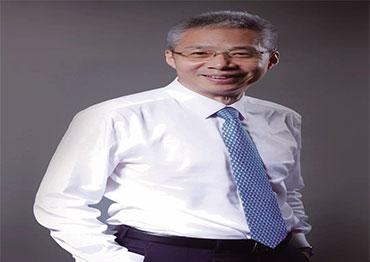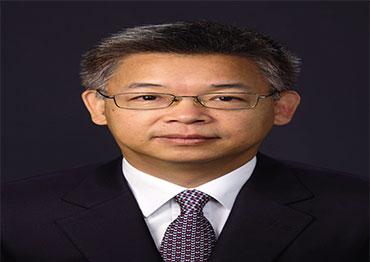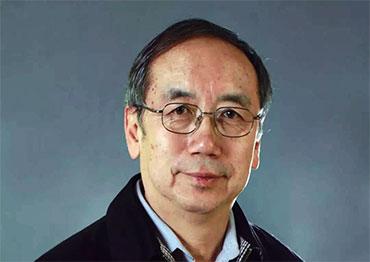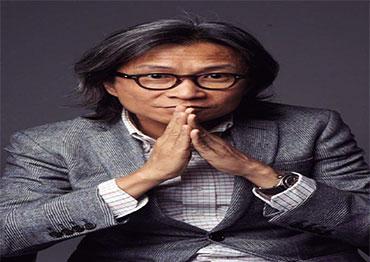“It is natural and right for China to attach great importance to 6G research. However, we must also be soberly aware that we cannot stop in-depth research into 6G demands or long-term research into disruptive and innovative technology because of immediate competition. If we only care about getting ahead of foreign competitors, we’ll lose touch with market demand and be in a strategically passive position. We need to have the willpower to not be swayed by the outside world. At the same time, we need to insist on openness and cooperation.”
Wu Hequan, Scholar at the Chinese Academy of Engineering, writing for NewsChina’s Chinese edition in mid-June
“What consequences result from the imbalance between local governments’ financial and administrative powers? The most obvious one is that the overall financing cost of the Chinese government is significantly higher than for other economies.”
Li Xunlei, an economist at the Shanghai Finance Institute, warning against China’s excessively high ratio of local government debt, at an internal seminar of China Finance 40 Forum (CF40) held on June 15
“The international economic order is being adjusted. The Belt and Road Initiative may play a key role in keeping or supporting an open economic order, the value of which lies in sticking to multilateralism and openness.”
Huang Yiping, deputy director of the National School of Development, Peking University, at a forum conducted by CF40 in Xi’an, Shaanxi Province on June 10
“Inclusive public service policies are much more effective in stimulating demand than local governments looking everywhere for investment projects and borrowing money for them, or implementing preferential policies such as stimulus and subsidies.”
Wang Xiaolu, deputy director of the National Economic Research Institute, at an annual meeting hosted by financial magazine Caijing in Beijing from June 27 to 28
“We see their [foreign] productions. Why don’t they see ours?... I hope we think about how to get Chinese content and stories noticed worldwide.”
Hong Kong director Chan Ho-San appealing to Chinese directors to aim beyond the domestic market at a forum during the 25th Shanghai International Film Festival held from June 9 to 18
“The US’ s ‘one-China policy’ was originally straightforward, using only the three China-US joint communiqués as the attributive words. But later more attributive words began to emerge, and the ‘Taiwan Relations Act’ and ‘Six Assurances to Taiwan’ were successively added. Both the ‘Taiwan Relations Act’ and the ‘Six Assurances to Taiwan’ are unilaterally concocted by the US side, not the consensus between China and the United States. China has resolutely opposed and refused to recognize them from the very beginning.”
Director-General of the Department of North American and Oceanian Affairs of the Foreign Ministry Yang Tao at a press conference on June 19 about the US Secretary of State Antony Blinken’s visit to China on June 18 -19
“Disagreements between China and Germany or between China and the EU are to be expected, but when dealing with bilateral relations, we have to emphasize consensus and cooperation. That should be the new normal.”
Wu Huiping, deputy director of the Germany Institute of Tongji University in Shanghai, speaking with news portal guancha.cn
“Along with industrial upgrading, China has shifted from a big exporter of lower-end goods to that of intermediate goods. Given its current state of manufacturing, the US cannot fully adapt to the shift. As a result, the biggest destination of China’s exports of intermediate goods is not the US, but rather ASEAN members and other countries, which means our dependence on the American market is declining.”
Tu Xinquan, director of the China Institute for WTO Studies, University of International Business and Economics, in an interview with NewsChina’s Chinese edition in early July

 Old Version
Old Version




